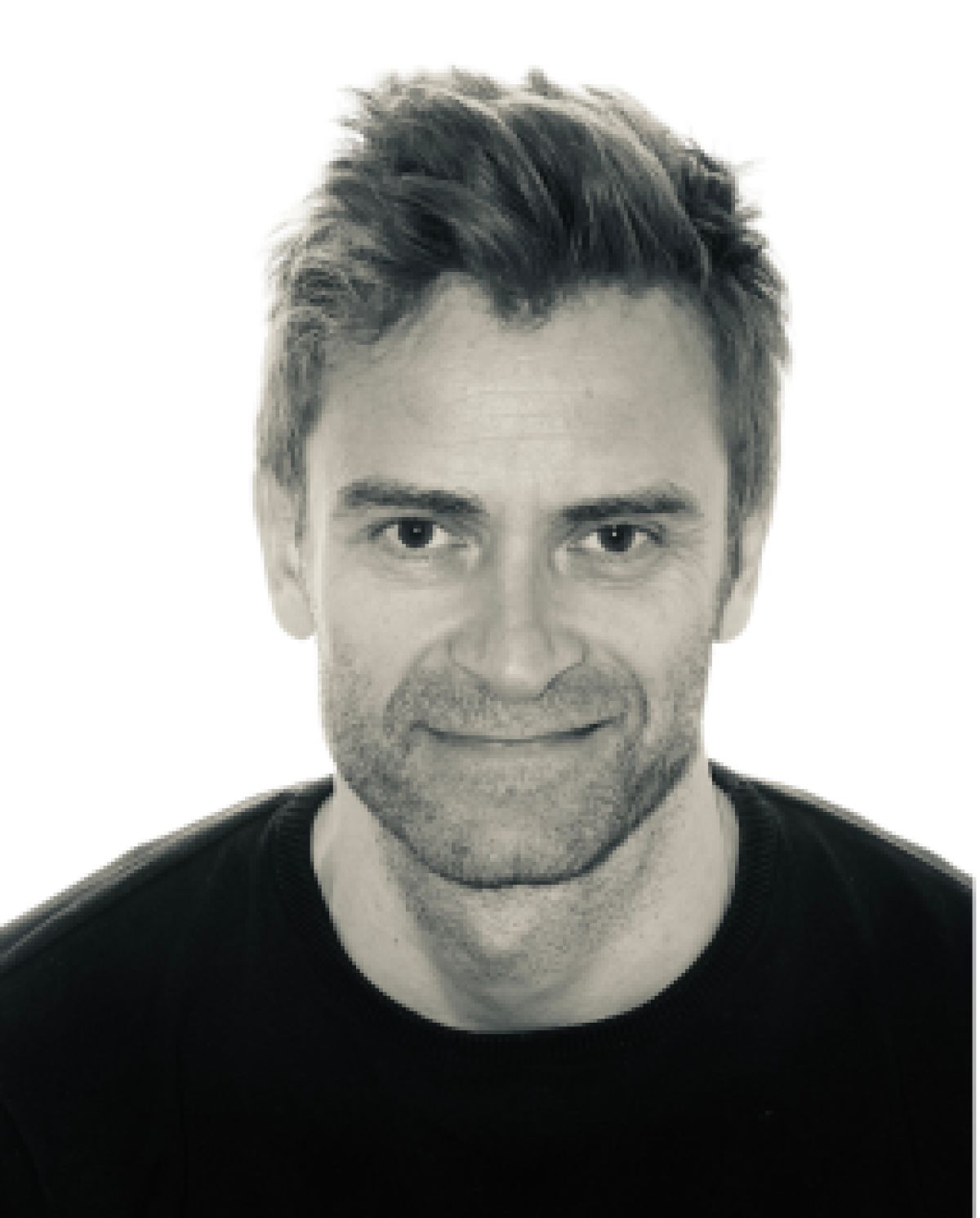
"Every truth comes after the event, the philosopher Alain Badiou once said. It's tempting to view the widespread stress, anxiety, and sense of disconnection today as the culmination of such an event-one that reveals an uncomfortable truth: Few people dare to live authentically, as they are consumed by what others think of them."
"From existential thinkers, we learn that anxiety is a basic condition of being human. Most of us, at some point, have felt inadequate. Rather than viewing anxiety as something purely negative, we might see it as a path toward self-understanding and growth."
"Today, openness has become a fixed position or identity-one that protects personal rights but no longer commits itself to the well-being of others. Such positions often foster a false sense of certainty that may feel safe but ultimately limits openness, empathy, and shared humanity."
"This rigidity becomes a filter through which the world is judged. Are others friends or enemies? This war-like mindset-us versus them-is exhausting. It suppresses understanding and nuance, and the constant polarization is intensely stressful."
The article discusses the pervasive stress and anxiety that stem from societal pressure and the fear of not fitting in, which prevents individuals from living authentically. It highlights existential thought, particularly the notion that anxiety can lead to self-understanding rather than mere suffering. It critiques contemporary identities that prioritize rigidity and exclusivism over empathy and openness, suggesting that such attitudes foster polarization and limit genuine human connection. By acknowledging and embracing vulnerability, individuals can cultivate true self-awareness and relationships that transcend divisive categories.
Read at Psychology Today
Unable to calculate read time
Collection
[
|
...
]